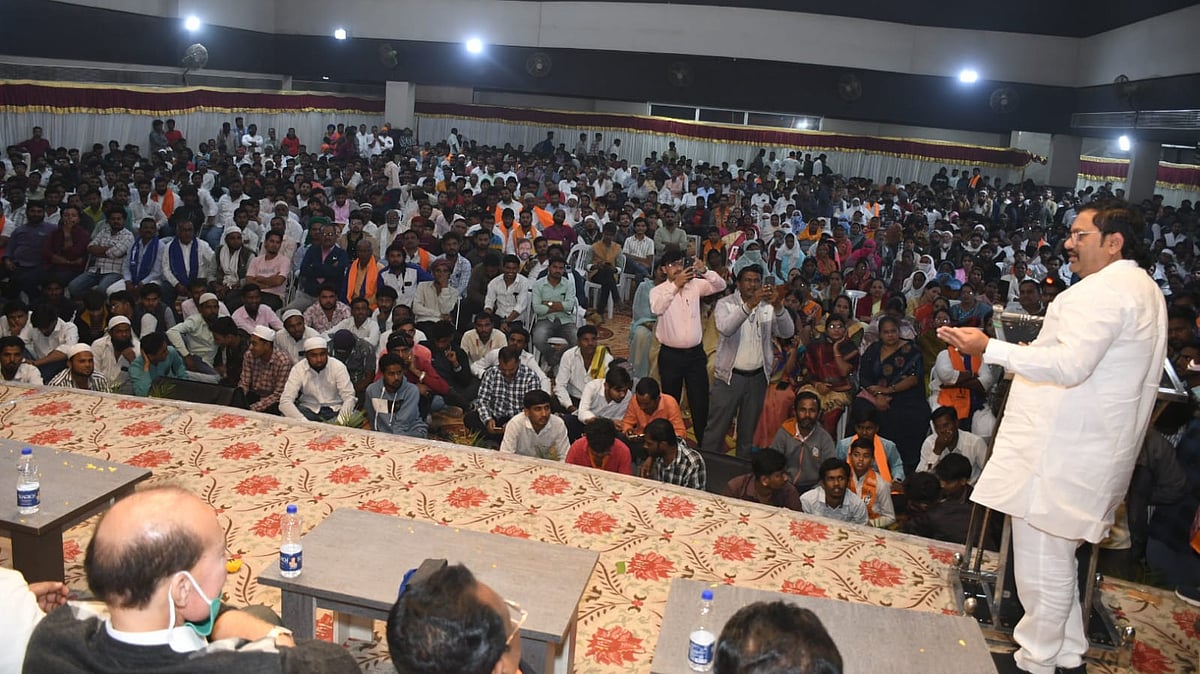While new cyber scams with different tricks come to light every day, Pune is seeing a new scam wherein scammers dressed as delivery personnel come to your doorstep with a parcel and ask for money. But a glitch lies in this scenario because you have not ordered anything of this sort.
Amazon parcel scam
The Amazon parcel cash-on-delivery (COD) scam is a type of fraud that involves scammers sending unordered items to customers and requesting payment upon delivery. The goal of the scam is to trick customers into paying for items they didn't order. These scammers will arrive at your location with a parcel, convince you to pay by showing the Amazon logo and your details like address and name on the parcel, and assure you that in case of double payment, you will receive a refund.
At times, they share a link with you, making you pay online by clicking on the link, which takes you to a fake gateway. In some cases, they might even ask you to share the OTP you received on your number, which their associate has sent. Once you share the OTP or pay from the link, they can clone your mobile to gain unhindered access to your smartphone as well as your bank account.
Here's what happened with Baner couple
Speaking with The Free Press Journal, a couple staying in Baner narrated their story, "A delivery guy came to our house and handed me a parcel. My wife's name and address were correctly mentioned on the package. He told me that it was cash on delivery, so I paid, considering many parcels were coming in due to recent sales. I didn't bother much. But when my wife later told me that she didn't order anything COD, we opened the package and found a shady cloth inside. After inquiring with Amazon's customer service, we learned that this is a scam and has been very frequent in recent days. The amount is low, so we usually avoid filing police complaints. The interesting part is that it was from Amazon and had the correct name and address. Everyone should be aware."
Meanwhile, a police official at the Cyber Police Station stated that people need to be vigilant while conducting any transactions. Fraudsters are creating dummy applications of online marketplaces and have various methods to trap the public, he added.










